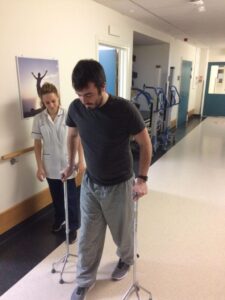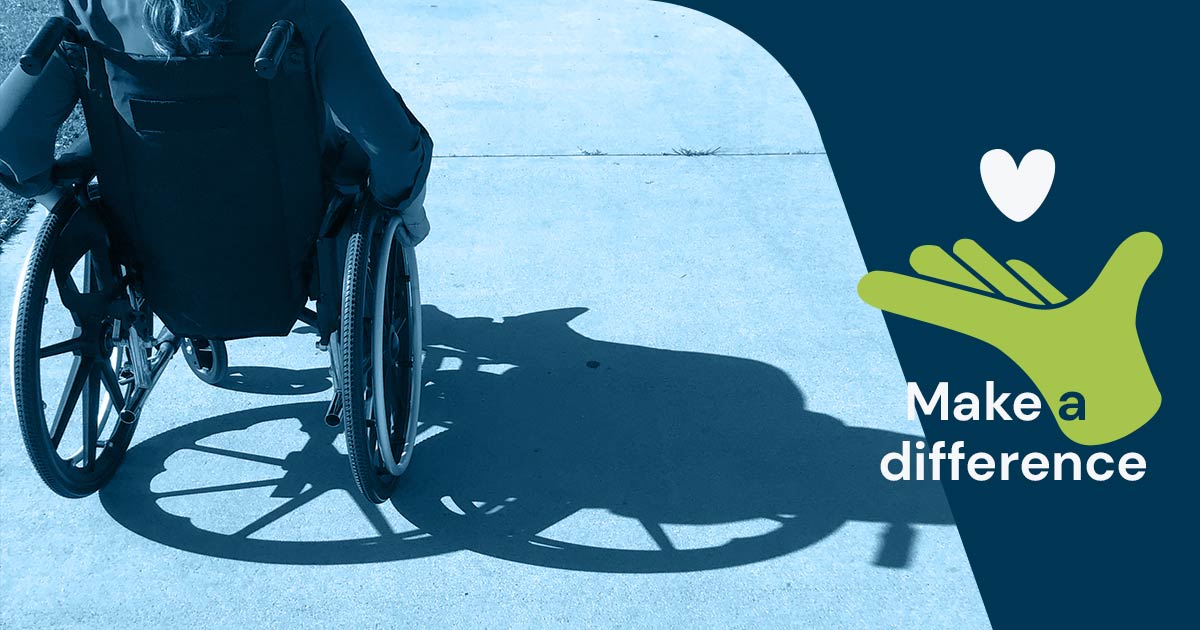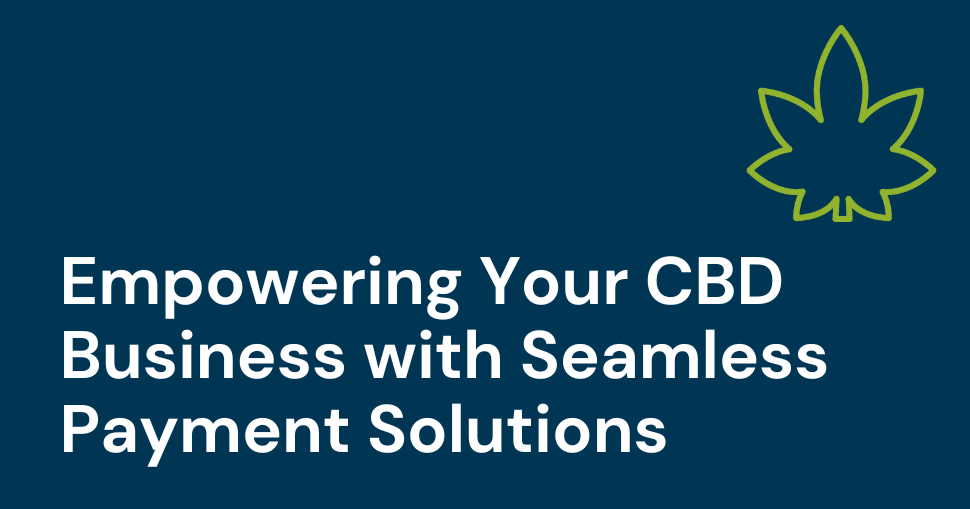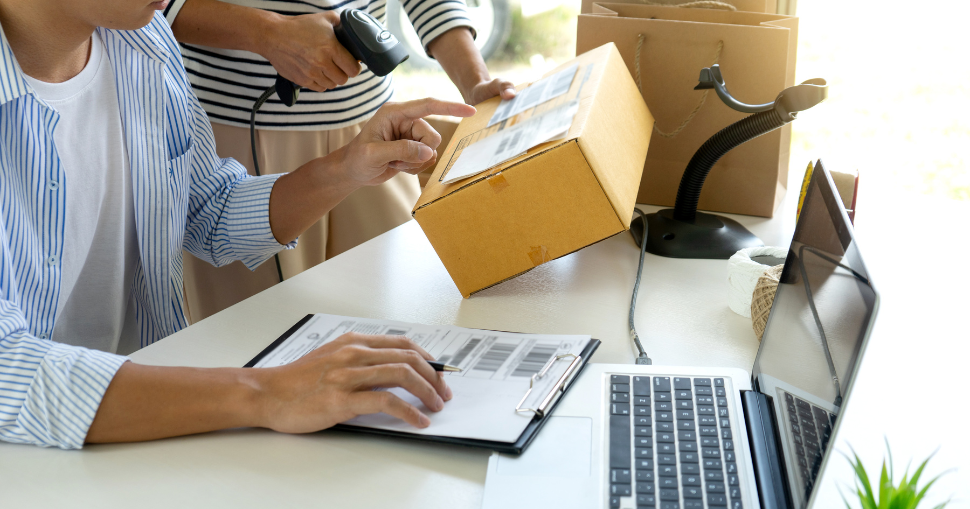[3-minute read]
Welcome to quite a different blog series from us at Truevo. Most often, we’re covering topics like entrepreneurial podcasts or writing a business plan. Not today. You may have seen it online somewhere, but in case you haven’t, our whole company is involved in a donation initiative called Make a Difference. You can read more about what we’re up to here. This post is an amplification of just one of those stories collected from about 100 Truevo employees. Read on to find out more about why Gavin Brewes, our Business Analysis Manager, decided to donate to the GBS/CIDP Foundation International.

Over to you, Gavin.
I was unfortunate enough to contract Guillain–Barré syndrome (GBS) in 2017 and through the help and support of my wife Roberta, my friends, and my colleagues, I was able to beat it with all but a shaky hand and some increased life insurance premiums to show for it.
Those who I work with regularly will know I use the phrase “bit by bit” a lot, and it is from my recovery process that the phrase as I use it was born. I had a very strong support network to help me recover. It also helped that I had the full backing and support of Truevo to help me get through it. I was visited by colleagues – I think the whole of the Malta Office at one point. Not everyone has that support network, so I would like my donation to go to the GBS/CIDP Foundation.
What happened when you were diagnosed with GBS?
I had a very bad flu back in 2017 which caused me to be off work for two weeks. It was the full-on temperature, shaking, pains, headaches type of flu. I remember getting ready for work again and feeling incredibly weak. I just assumed it was because I had not done a lot for two weeks and my muscles were waking up. Then, on the way out, I tried to cross the road and when stepping up to the pavement my knees gave way and I collapsed in the road. I managed to stagger back home and collapsed at the front door.
My wife (girlfriend at the time) helped me to the car and we went to hospital. I barely got out of the car to A&E, I really could not move. I was examined and they asked me to go to a certain cubicle and I found I could not get out of the chair where I was sitting, my legs were non-responsive.
In the space of a few hours I had been examined by a neurologist, then a senior neurologist, had X-rays, blood tests, examinations, and scans. They found all the tell-tale signs of GBS and I was immediately put on a very high dosage of IVIg blood treatment.
To be honest – perfectly honest – I thought this was something that would quickly go away. I thought they would inject me with some things and then I would be fine so at the beginning I saw it more an inconvenience than anything else.
What I did not know though, and this being because it was intentionally (in a nice way) kept from me, is that GBS can result in respiratory failure, pneumonia, and cardiac arrest and can kill you. Over the first few days, it became apparent this was not going to go away any time soon. Then began the road to recovery, which involved many great people doing great things to help me. I had doctors, nurses, neurologists, physiotherapists, and even a psychologist at one point all working to make sure I recovered as fully as possible.
How did the experience affect your outlook on life?
Massively. It made me realise how important little things can be. For example, I could not pick up my daughter, I could not move my fingers enough to tickle her, I could not run after her at the park. But these things just made me push harder to get myself “back to normal” as quickly as I could.
It made me realise how lucky I am to have my wife, the support of my family, the support of a truly amazing group of friends and, of course, a team of colleagues who all wanted the very best for me.
I left the experience of GBS a different person than who I was before.
How long did it take to recover from GBS?
I am technically still a patient and have not formally been discharged. The majority of the recovery took place in the first year, I remember ditching the walking stick for the first time – that was an experience. Then I continued receiving blood treatments until about the end of 2019.
How long have you worked at Truevo for?
On 1st November 2021 it will be 6 years.
What does it mean to you to work in a team that supports you in your personal as well as professional capacity?
It means everything. I had nothing but full support from everyone at Truevo. When I was in hospital I remember everyone coming to see me, people even came to see me in the Rehabilitation Hospital and were with me during the physio sessions.
Truevo allowed me to take time off for physio and hydrotherapy and if I was tired or exhausted it was not held against me, I was allowed to rest and continue when I could. The treatment I had involved a four-hour sit down every day for a week and this happened many times over the years that followed and Truevo allowed me to work around those appointments.
Flexibility with responsibility was given to me by the team, and what it showed was a real tangible RESPECT for people and their needs. It is a respect and a flexibility that to this day I do not forget about, and it motivated me highly to know I work with a team that respects people as much as this.
If you would like to donate to the GBS/CIDP Foundation International, please click here.
Did you resonate with this article? Feel free to share your thoughts and tag us on Instagram, Twitter, Facebook, and LinkedIn.
P.S. Want a payment solution that does what it says it will do? Get Truevo. We can’t wait to connect with you.



